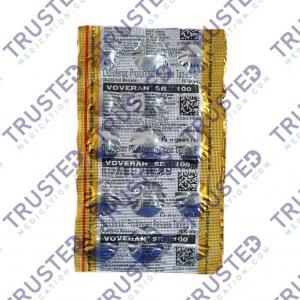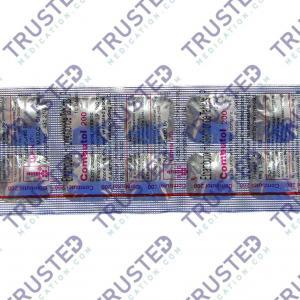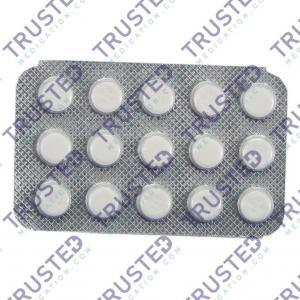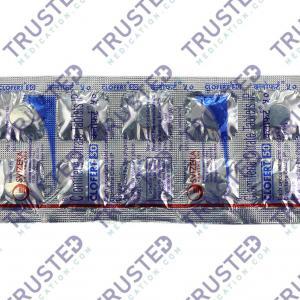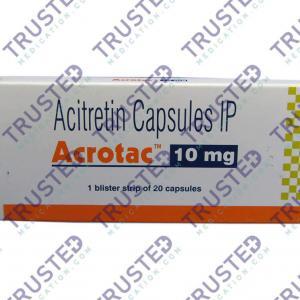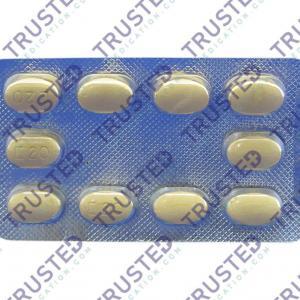
Signs and symptoms associated with diarrhea may include bloating and abdominal pain. When you have diarrhea, your bowel movements are loose and watery. It’s common and usually not serious. The treatment for diarrhea may include medications if there’s no success in lifestyle changes or home remedies.
What is Diarrhea?
Diarrhea occurs when you have loose and watery stools which makes you go to the bathroom more often. This is a common problem and may last 1 or 2 days and goes away on its own. If this lasts more than 2 days, it may mean you have a more serious problem.
Diarrhea may be either:
- Short-term (acute). This that lasts 1 or 2 days and goes away may be caused by food or water that was made unsafe by a bacterial infection. It may also happen if you get sick from a virus.
- Long-term (chronic). It may last several weeks which is caused by another health problem such as irritable bowel syndrome. It can also be caused by an intestinal disease such as Crohn’s disease or celiac disease.
How Do You Get Diarrhea?
Usually, you can get it because of a virus that gets into your gut. Some people call it intestinal flu or stomach flu.
Other causes may include:
- Diabetes
- Diseases of the intestines
- Alcohol abuse
- Laxative abuse
- Medications
- Allergies to certain foods
- Eating foods that upset the digestive system
- Overactive thyroid (hyperthyroidism)
- Radiation therapy
- Some cancers
- Surgery on your digestive system
- Infection by bacteria (the cause of most types of food poisoning) or other organisms
- Trouble absorbing certain nutrients also called malabsorption
Symptoms To Look Out For

The main symptom of diarrhea is passing loose, watery stool that occurs three or more times a day. Someone with this may also experience one or more of the following symptoms:
- A loss of control of bowel movements
- Nausea
- Bloating
- Pain or cramping in the abdomen
- An urgent need to go to the bathroom
- Anal irritation
If this is caused by an infection, people may also experience:
- Vomiting
- Fever and chills
- Bloody stools
- Light-headedness
- Dizziness
Diarrhea can lead to dehydration and malabsorption, each of which has its symptoms.
Treatment for Diarrhea
The best way for your doctor to figure out what causes your diarrhea is to get some information from you.
They will want to know:
- How watery it is
- How long you’ve had it
- If you are taking antibiotics, or have you recently finished some
- If there’s blood or mucus in your diarrhea
- If you have belly pain or pain in your bottom?
- If you have a fever
- If anyone around you has it
- If your urge to go is severe
- Do you feel dizzy or confused?
- Do certain foods make it better or worse
They also might want to get a sample of your stool to send for lab testing. They may order blood tests as well.
If your doctor suspects that a certain food is causing your problem, they may ask you to stay away from it for a while. Lactose intolerance is an example of intolerance to milk products. A change in diet usually helps if you have this condition. You may need a colonoscopy if your doctor needs more information. Doctors use a snake-like tube to view the rectum and colon walls.
Most of the time diarrhea doesn’t need to be treated. However, some over-the-counter medications can help you feel better. Usually, recommended medication may include:
- Nitazoxanide – this is a broad-spectrum anti-infective drug that works by interfering with the conversions of chemicals in the protozoan cell in producing energy. This stops the growth of the parasite that causes diarrhea.
Diarrhea usually clears up quickly without treatment. To help you cope with your symptoms until diarrhea goes away, try to do the following:
- Drink plenty of liquids, including water, broth, and juices. Avoid caffeine and alcohol.
- Add semisolid and low-fiber foods gradually as your bowel movements return to normal.
- Avoid certain foods such as fatty foods, dairy products, high-fiber foods, or highly seasoned foods for a few days.
- Consider taking probiotics. These microorganisms may help restore a healthy balance to the intestinal tract by boosting the level of good bacteria.

